Question And Answer
Publications
Articles, publications, books, tools and multimedia features from the U.S. Institute of Peace provide the latest news, analysis, research findings, practitioner guides and reports, all related to the conflict zones and issues that are at the center of the Institute’s work to prevent and reduce violent conflict.
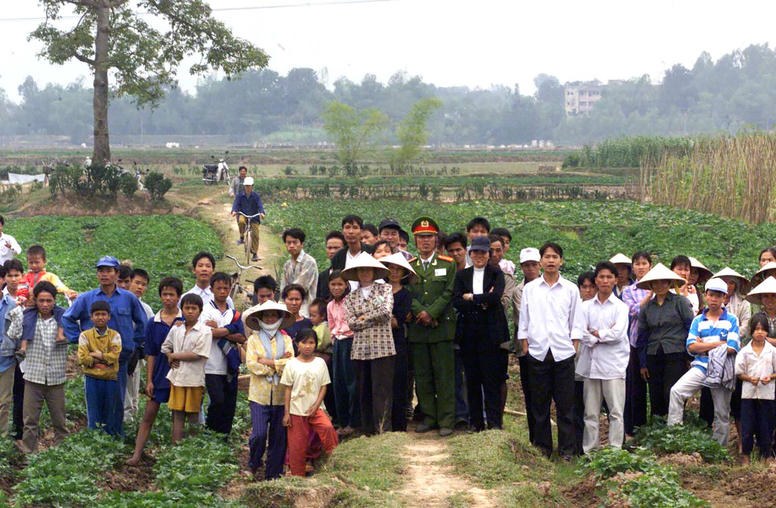
Healing the Wounds of War with the Vietnam Wartime Accounting Initiative
Nearly 50 years after the end of the Vietnam War, new collaboration between the United States and Vietnam this month is strengthening the former enemies’ friendship and consolidating what has become a model reconciliation process, Vietnamese officials say. Vietnam’s deputy defense minister and its ambassador to the United States welcomed U.S. steps in recent days to help Vietnam locate its hundreds of thousands of citizens still missing from the war. With U.S. officials, they spoke in a USIP forum on that progress — and on urgent steps still to be taken to heal the wounds of that war.
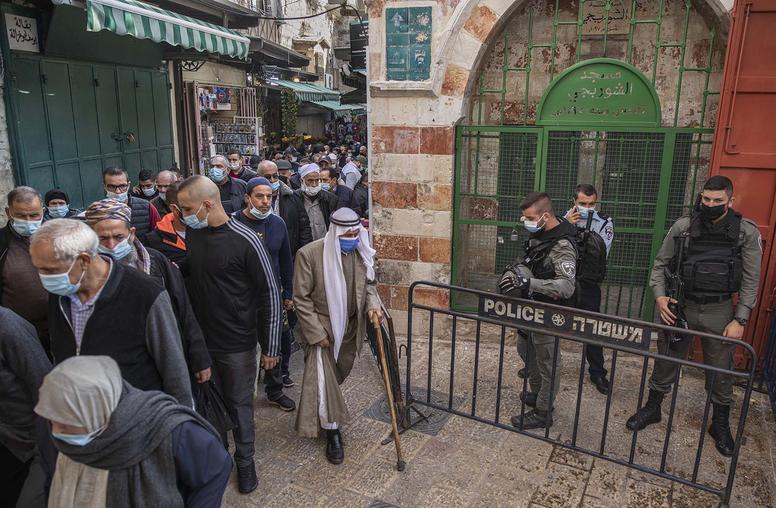
The Four Races That Will Define the Future of the Israeli-Palestinian Conflict
After the latest round of violence this May, Israeli and Palestinian leaders are walking a series of tightropes — Israel’s new government is composed of a potentially unsustainable coalition; a fragile cease-fire teeters between Hamas and Israel; and public protests continue to shake the Palestinian Authority.
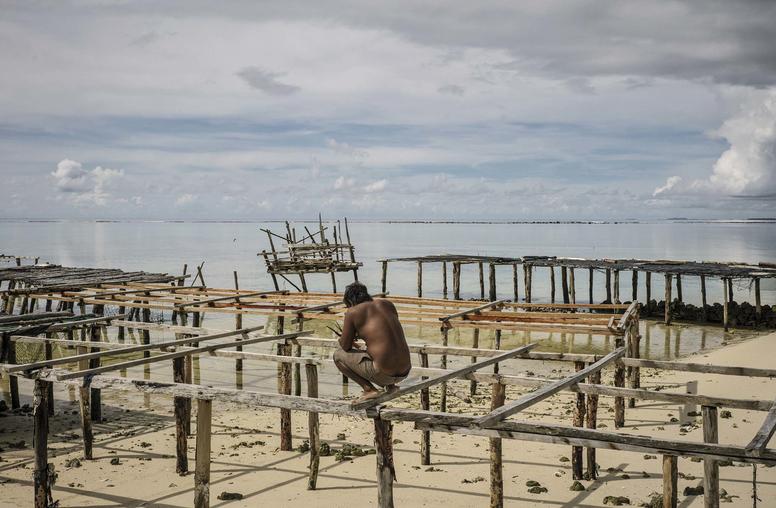
Climate, COVID and China Drive U.S.-Pacific Islands Engagement
The Pacific Islands Forum (PIF) held its 51st leaders meeting on August 6, with Fiji serving as virtual host. The PIF is comprised of 18 members, and the United States is among 18 PIF Dialogue Partners that participate in an annual post-forum dialogue. This year, President Joe Biden led the U.S. delegation and delivered his own address, a first for a U.S. president and a demonstration of the strategic importance of Pacific Island nations to U.S. priorities like climate change, COVID-19 and competition with China. USIP’s Jennifer Staats and Brian Harding discuss what PIF members and Washington want from each other and the major issues facing the region.
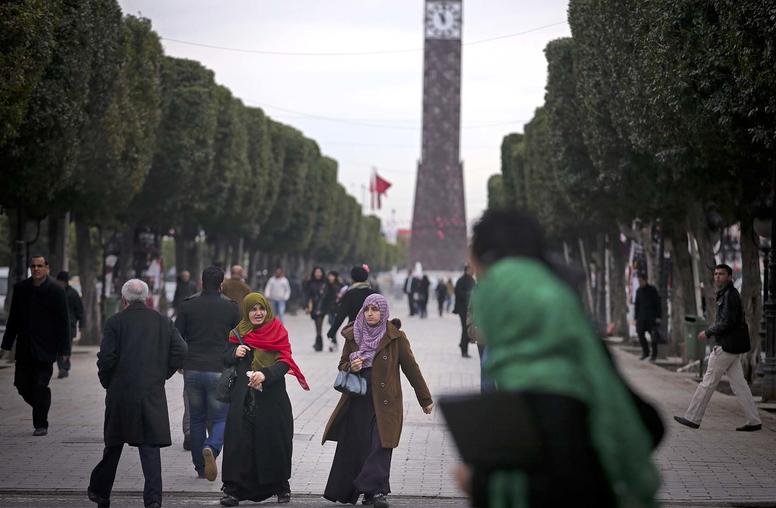
What’s Next for Tunisia’s Transition?
Long heralded as the sole success story of the Arab uprisings, Tunisia was thrown into political tumult on July 25 when President Kais Saied dismissed the prime minister, suspended parliament and removed politicians’ immunity from criminal prosecution. The decision followed days of protest and long-term malaise, with Tunisians angered over the government’s COVID response, endemic corruption, a lagging economy and, more broadly, the inability of the post-Ben Ali political system — particularly political parties — to deliver for citizens. While many Tunisians supported Saied’s move, they and the international community await what comes next and how it will impact the North African country’s long-term political and economic trajectory.
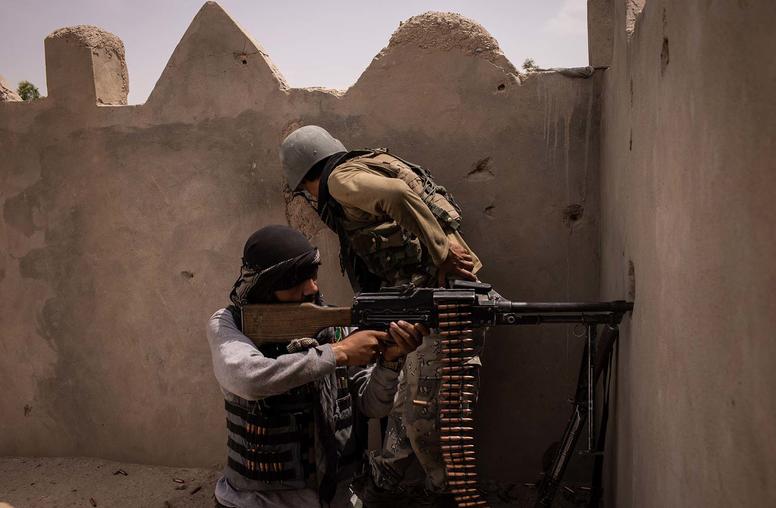
Can the Taliban Be Stopped? Three Scenarios for What’s Next in Afghanistan
The Afghan government has had its most difficult week fighting the Taliban since the insurgency began. As of this writing, 12 provincial capitals have fallen since last Friday, marking the first time the Taliban have controlled a city since they were ousted in 2001. By some estimates the Taliban control two-thirds of the country. While many experts predicted that the rapid and unconditional withdrawal of U.S. troops would increase Taliban control, few saw it happening this fast. A Taliban takeover of Kabul — once thought to be years away if at all — is now conceivable within months, or even a matter of weeks.
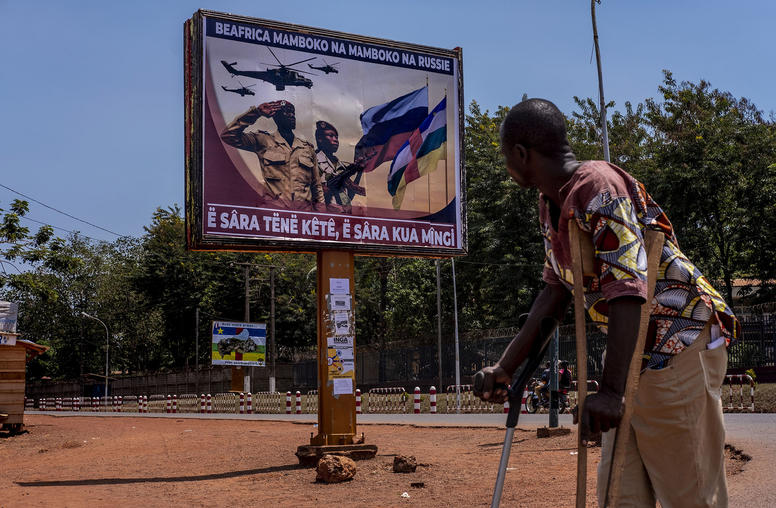
Beyond Fake News: the Central African Republic’s Hate Speech Problem
After a recent contested election, the Central African Republic finds itself in a precarious situation. Violence around the election combined with the socio-economic impacts of COVID-19 and destructive flooding have caused the humanitarian emergency to reach its worst state in five years. Meanwhile, the CAR government has been accused of engaging in Russian-backed disinformation campaigns targeting domestic civil society, French diplomats and the United Nations peacekeeping mission (MINUSCA), threatening key relationships. Even as the long-simmering issue of hate speech continues to draw fault lines through the country, efforts to combat these campaigns have focused primarily on challenging fake news rather than addressing the underlying fear and prejudice that spoilers use to stoke conflict.
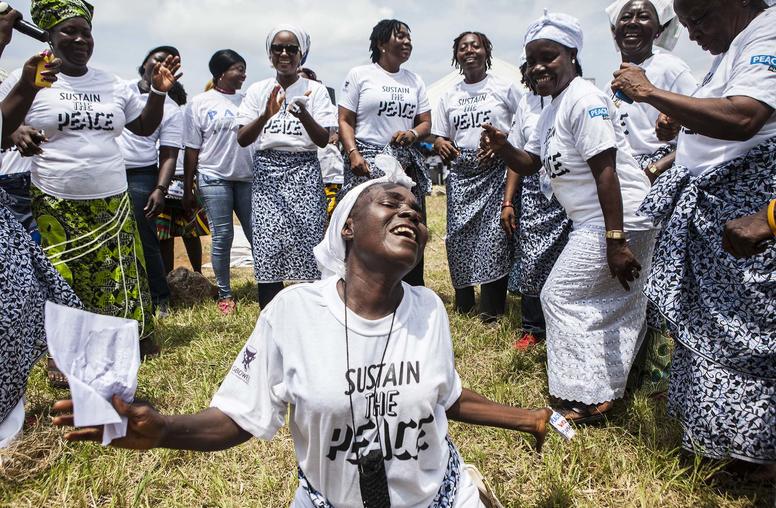
¿Cómo y cuándo puede el poder popular promover la paz durante guerras civiles?
A pesar de una breve pausa debida a las restricciones de la COVID-19, en los últimos años hemos visto una de las mayores olas de resistencia no violenta a nivel mundial y 2019 fue catalogado como "el año de la protesta". Estos movimientos – desde Myanmar hasta Colombia y la India – se centran en gran medida en la lucha contra el autoritarismo o en subsanar injusticias sociales. Menos difundido y discutido es el papel de la acción no violenta en medio de las guerras civiles y los procesos de paz. La no violencia estratégica puede fomentar la paz también en estos contextos, pero el momento y la táctica son la clave del éxito.

Comment—et quand—le pouvoir populaire peut faire avancer la paix dans un contexte de guerre civile
Malgré une brève accalmie due aux restrictions liées à la COVID-19, ces dernières années ont été témoins de l'une des plus grandes vagues de résistance non-violente mondiale de l'histoire récente, 2019 étant largement surnommée “l'année de la protestation.” Ces mouvements – du Myanmar à la Colombie en passant par l'Inde – sont largement axés sur la lutte contre l'autoritarisme ou la réparation des injustices sociales. Moins annoncé et discuté est le rôle de l'action non-violente dans les contextes de guerres civiles et des processus de paix. La non-violence stratégique peut également favoriser la paix dans ces contextes, mais le timing et les tactiques sont la clé du succès.
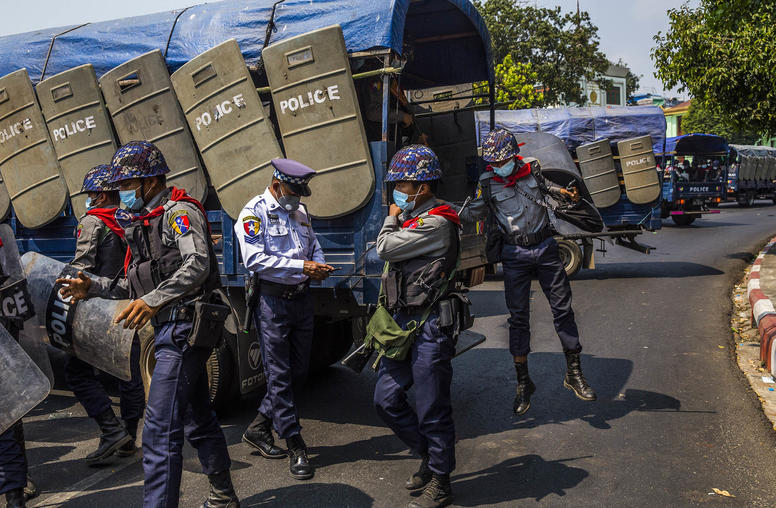
In Myanmar, the State the Generals Seized Is Coming Apart
Over the past six months under the junta’s “care,” the chaos and turmoil sparked by the coup has moved the country past the brink of failed state status. Growing armed resistance is emerging in the shrinking area where the military’s unbridled brutality has preserved its veneer of control. In liberated zones and particularly in regions controlled by ethnic armed organizations (EAOs), new forms of governance and even sovereignty are taking shape in the vacuum left by Commander-in-Chief Min Aung Hlaing’s war on political reform.
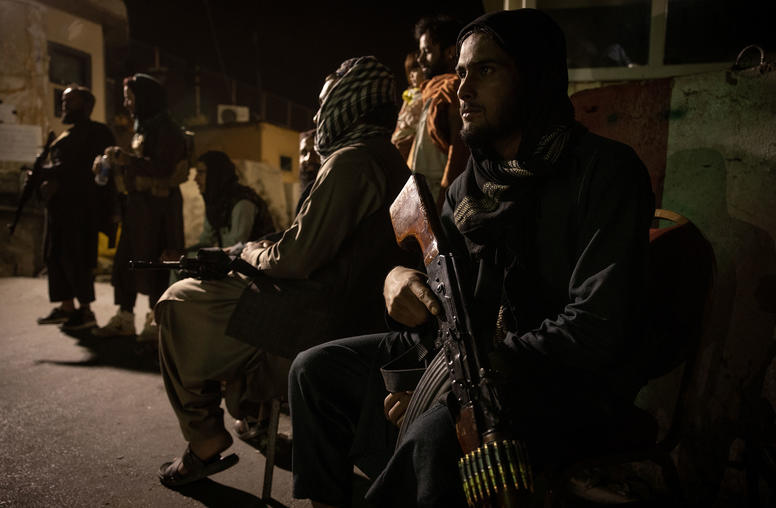
How the Region is Reacting to the Taliban Takeover
While the Taliban’s swift advance into Kabul over the weekend has left much of the West reeling, Afghans themselves will bear the brunt of the militant group’s rule. Beyond Afghanistan’s borders, its neighbors will feel the most immediate impact. Earlier this year, Russia, China and Pakistan affirmed that the future of Afghanistan should be decided through dialogue and political negotiations. How will they engage with the Taliban now?